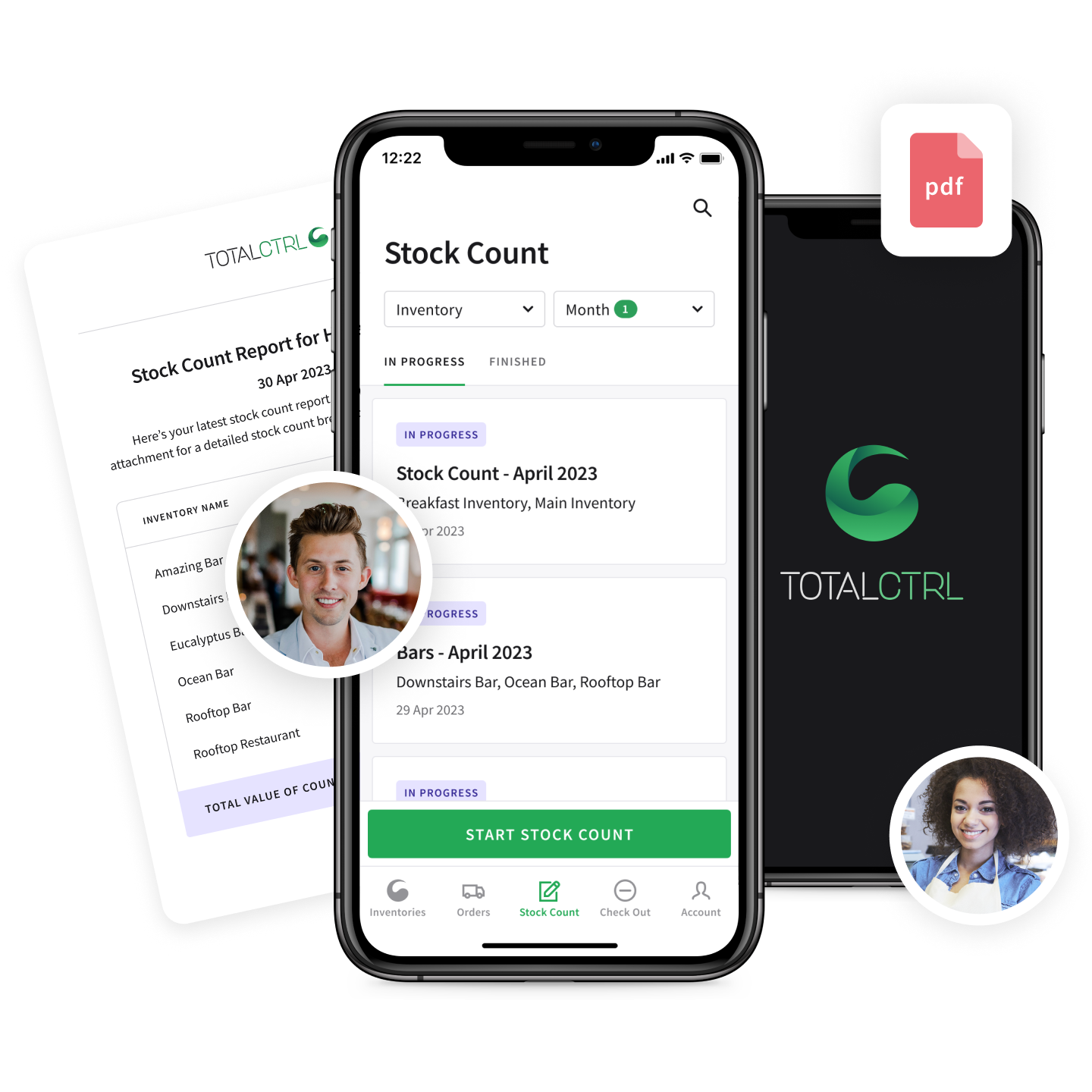When thinking about working abroad, one of the first questions many people ask is:
"Do I need a job offer to apply for a work visa?"
The answer? In most cases—yes, but not always. While a job offer is a common requirement for work visa approval, some countries offer exceptions, especially for highly skilled workers, investors, or individuals applying through special immigration programs.
In this blog, we’ll break down when a job offer is necessary, when it’s not, and what your options are if you don’t have one yet.
When a Job Offer Is Required
For the majority of work visa types around the world, a valid job offer from an employer in the destination country is a key requirement. This is because the employer often acts as your sponsor, which is necessary for the visa to be processed and approved.
Common Scenarios Where You Need a Job Offer:
-
Skilled Worker Visas (e.g. UK Skilled Worker, Canada LMIA-based work permit)
-
Temporary Work Visas (e.g. U.S. H-1B, Australia TSS visa, Germany General Work Visa)
-
Intra-Company Transfer Visas
-
Employer-Sponsored Visas in countries like the UAE, Singapore, Saudi Arabia, and Japan
In these cases, the job offer must usually meet specific criteria, such as:
-
Being full-time or long-term
-
Meeting minimum salary thresholds
-
Proving that no local workers could fill the position (labor market test)
-
Coming from a registered or accredited company
When a Job Offer Is NOT Required
There are several visa types and immigration pathways where you don’t need a job offer upfront. These options are great for people who want to explore the job market after arriving in a new country or who qualify for independent entry.
1. Points-Based Immigration Systems
Some countries allow skilled workers to apply for permanent or temporary residence based on a points system, even without a job offer.
Examples:
-
Canada Express Entry (FSW stream)
You can immigrate without a job offer if you have high education, language scores, and work experience. -
Australia Skilled Independent Visa (subclass 189)
No sponsor or job offer required if your occupation is on the skilled list and you meet the points threshold. -
New Zealand Skilled Migrant Category
A job offer is helpful but not always mandatory if you have enough points from qualifications, work experience, and age.
2. Job Seeker Visas
Several countries offer Job Seeker Visas, allowing you to enter and search for a job while already inside the country.
Examples:
-
Germany Job Seeker Visa – Valid for 6 months
-
Austria Job Seeker Visa (Red-White-Red Card) – For very highly qualified professionals
-
Sweden Job Seeker Visa – For highly educated individuals wanting to search for employment
-
United Arab Emirates Job Exploration Visa – New visa category for professionals with degrees from top universities
These visas don’t require a job offer at the time of application but expect you to find employment during the visa’s validity period. Once you secure a job, you can convert the visa to a standard work permit.
3. Open Work Permits and Post-Study Work Visas
In some cases, individuals can apply for a general or open work permit that is not tied to a specific employer.
Examples:
-
Canada Post-Graduation Work Permit (PGWP)
For international students who graduate from Canadian institutions -
Spouse Open Work Permits
If your partner has a study or work visa, you may be eligible to work without a job offer -
Working Holiday Visas
Available through programs like IEC Canada, Australia’s WHV, or New Zealand Working Holiday, which let you travel and work casually without a job arranged beforehand
4. Freelancer, Entrepreneur, and Digital Nomad Visas
If you're self-employed or running your own business, many countries offer freelancer or entrepreneur visas that don’t need an employer's job offer.
Examples:
-
Germany Freelance Visa (Freiberufler)
For artists, tech workers, and independent consultants -
Portugal D7 or Digital Nomad Visa
Based on passive income or remote work -
Estonia Digital Nomad Visa
For remote workers with international clients -
Spain Self-Employed Visa (Autónomo)
These routes usually require:
-
Proof of income or savings
-
A viable business or freelance plan
-
Client contracts or letters of intent
Benefits of Having a Job Offer
Even if it’s not mandatory, having a job offer gives you a serious advantage in most immigration pathways.
Here’s why:
-
Increases your points in immigration systems
-
Shows proof of financial stability
-
Makes the visa process faster and more straightforward
-
Helps with accommodation and relocation support
-
May reduce or waive visa fees depending on employer policies
In countries with strict immigration controls, a job offer is the fastest and most reliable way to obtain a work visa.
What If You Don’t Have a Job Offer?
If you’re planning to work abroad but don’t yet have a job lined up, consider these steps:
-
Target Job Seeker Visa Countries
Focus on countries that allow you to look for a job after arrival. -
Apply for Remote-Work-Friendly Visas
Especially if you’re freelancing, working online, or starting a business. -
Use Global Job Boards
Search on platforms like:-
LinkedIn Jobs
-
Indeed Global
-
Jobbatical
-
GoAbroad.com
-
Expat.com
-
-
Network in Expat and Industry Groups
Facebook groups, Reddit threads, and LinkedIn communities can be great sources of real job leads and visa guidance.
Final Thoughts
So, do you need a job offer to apply for a work visa?
For most traditional work visas—yes. But for skilled migration programs, open work permits, or job seeker visas—not necessarily.
Having a job offer strengthens your application and speeds up the process. But if you don’t have one yet, don’t give up—plenty of alternative pathways can still lead you to your dream of working abroad.
Always check the official immigration website of your destination country to understand your exact eligibility and visa options.


















0 comments:
Post a Comment
We value your voice! Drop a comment to share your thoughts, ask a question, or start a meaningful discussion. Be kind, be respectful, and let’s chat!